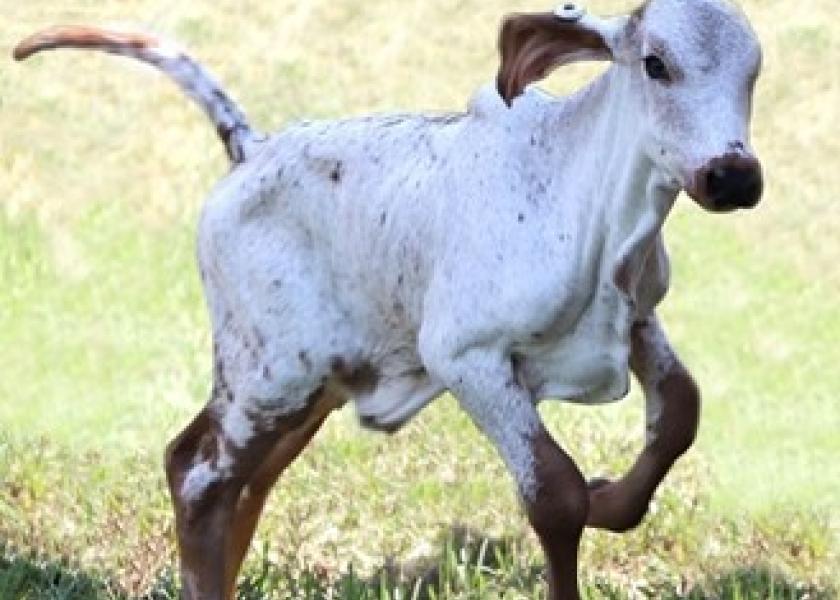Gene-Editing Technology Produces First Calf Resistant to BVDV

Scientists have collaborated to produce the first gene-edited calf with resistance to bovine viral diarrhea virus (BVDV), a virus that costs the U.S. cattle sector billions of dollars annually.
The recent study published in PNAS Nexus results from a collaboration between the USDA's Agricultural Research Service (ARS), the University of Nebraska–Lincoln (UNL), the University of Kentucky, and industry partners, Acceligen and Recombinetics, Inc.
BVDV is one of the most significant viruses affecting the health and well-being of cattle worldwide, and researchers have been studying it since the 1940s when it was first recognized. This virus does not affect humans but is highly contagious among cattle and can cause severe respiratory and intestinal diseases.
BVDV can be disastrous to pregnant cows because it can infect developing calves, causing spontaneous abortions and low birth rates. Some infected calves survive to birth and remain infected for life, shedding massive amounts of virus to other cattle. Despite more than 50 years of vaccine availability, controlling BVDV disease remains a problem since vaccines are not always effective in stopping transmission.
However, over the past 20 years, the scientific community discovered the main cellular receptor (CD46) and the area where the virus binds to that receptor, causing infection in cows. Scientists modified the virus binding site in this recent study to block infection.
Aspen Workman, lead author and researcher at ARS' U.S. Meat Animal Research Center (USMARC) in Clay Center, Nebraska, said, "Our objective was to use gene-editing technology to slightly alter CD46 so it wouldn't bind the virus yet would retain all its normal bovine functions."
The scientists first tested this idea in cell culture. After seeing promising outcomes in the laboratory, Acceligen edited cattle skin cells to develop embryos carrying the altered gene. These embryos were transplanted into surrogate cows to test whether this approach might also reduce virus infection in live animals.
It worked, and the first CD46 gene-edited calf, named Ginger, was born healthy on July 19, 2021. The calf was observed for several months and then later challenged with the virus to determine if she could become infected. She was housed for a week with a BVDV-infected dairy calf that was born shedding virus. Ginger's cells displayed significantly reduced susceptibility to BVDV, which resulted in no observable adverse health effects.
The scientists will continue to closely observe Ginger's health and ability to produce and raise her own calves.
This proof-of-concept study demonstrates the possibility of reducing the burden of BVDV-associated diseases in cattle by gene editing. The edited calf also represents another potential opportunity to lessen the need for antibiotics in agriculture since BVDV infection also puts calves at risk for secondary bacterial diseases. This promising trait is still in the research phase and no associated beef is entering the U.S. food supply at this time.
The Agricultural Research Service is the U.S. Department of Agriculture's chief scientific in-house research agency. Daily, ARS focuses on solutions to agricultural problems affecting America. Each dollar invested in U.S. agricultural research results in $20 of economic impact.







